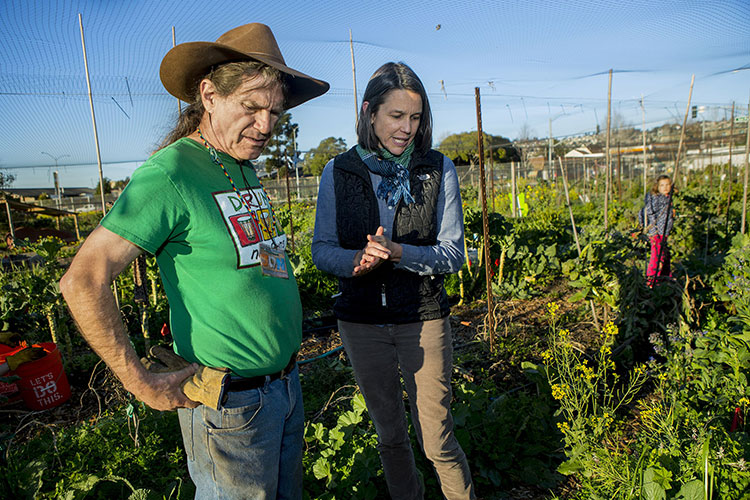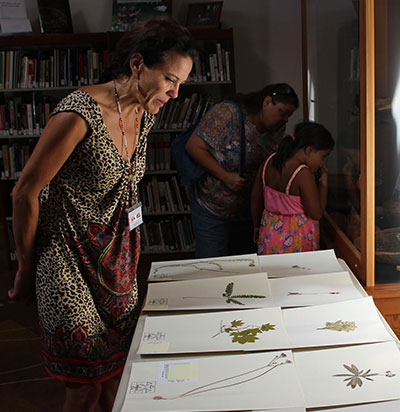Restoring culturally relevant food systems to Native American and immigrant populations

The Karuk Tribe once lived on more than a million acres in remote Northern California. Legally, their ancestral land along the middle section of the Klamath River in Siskiyou County was in the public domain, as the Karuk did not have a reservation. But on May 6, 1905, when President Theodore Roosevelt created the Klamath Forest Reserve, the tribe lost any claim to its aboriginal territory.
Less swiftly but just as conclusively, the tribe also lost access to much of what the rivers and mountains provided: deer and elk, salmon, tan oak acorns, mushrooms, berries, medicinal herbs. And it lost its ability to manage the landscape through prescribed fire in order to ensure the survival of the plants and animals it needed. The Karuk’s food system had been broken almost overnight, and has yet to recover.

But Jennifer Sowerwine, who earned her Ph.D. in 2004 in wildland resource science and is now an assistant Cooperative Extension specialist with the College of Natural Resources, believes it still can. How? Nate Seltenrich tells the story in the spring issue of Breakthroughsmagazine, a CNR publication.
In direct collaboration with Karuk tribal leaders and community members, as well as with the nearby Yurok and Klamath Tribes, Sowerwine has helped put millions of dollars from the United States Department of Agriculture (USDA) to work restoring food security — defined as access to sufficient, healthy, and culturally appropriate foods—among those from whom it was once taken.
While this is a challenge to which one could easily dedicate a career, Sowerwine’s broader mission to support equitable food systems across the state has also led her to other projects and other communities. In the Central Valley, she has spent years working with Southeast Asian farmers. Closer to home, she recently began studying how community farms and gardens improve food security among at-risk populations in the urban East Bay.
“One of the main philosophical approaches in my work is to collaborate with the community to identify what the problems are, co-create research questions, and then support, on the extension side, the kinds of programs they need to attain their goals,” says Sowerwine.
